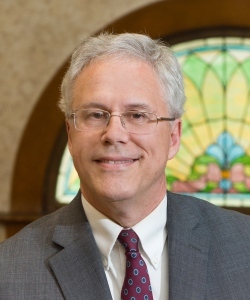Most people who have adult children figure it is easiest to give an inheritance to your children outright with no strings attached. It is simple and clean. But there are downsides to giving to your adult children in a simple manner. Your grandchildren may never receive it. It could pass to the child’s spouse, the spouse could remarry, and all of the inheritance you gave to your child could go outside your family to the new mate of your child's spouse.
There is a better alternative. Why not give property to adult children in a Transparent Trust? A Transparent Trust holds property for the life of a child. The child is the Trustee of the trust. The child takes his or her inheritance and puts it in a trust account at a financial institution. The child could spend the funds for his or her support in reasonable comfort, maintenance in her or his accustomed manner of living, education, and health. The child would show any income from the trust on Schedule E of the child’s income tax return. The child could appoint the property at any time to his or her children. At the child’s death, all of the property goes to the child’s children (your grandchildren).
The benefit of a Transparent Trust is that it requires the child to keep the funds in a separate account as Trustee and spend it only for the child’s or grandchild’s health, education, maintenance and support. If a spouse of a child wants to spend it, the child can say, “I am sorry that money was given to me by my parents for my benefit and after I die for the benefit of our children.” The child controls the trust accounts so the account remains subject to claims of creditors. But the result would have been the same as when you give an inheritance to your son or daughter outright.
If you want to protect your grandchildren while giving your adult child complete control of the funds, consider using a Transparent Trust.

